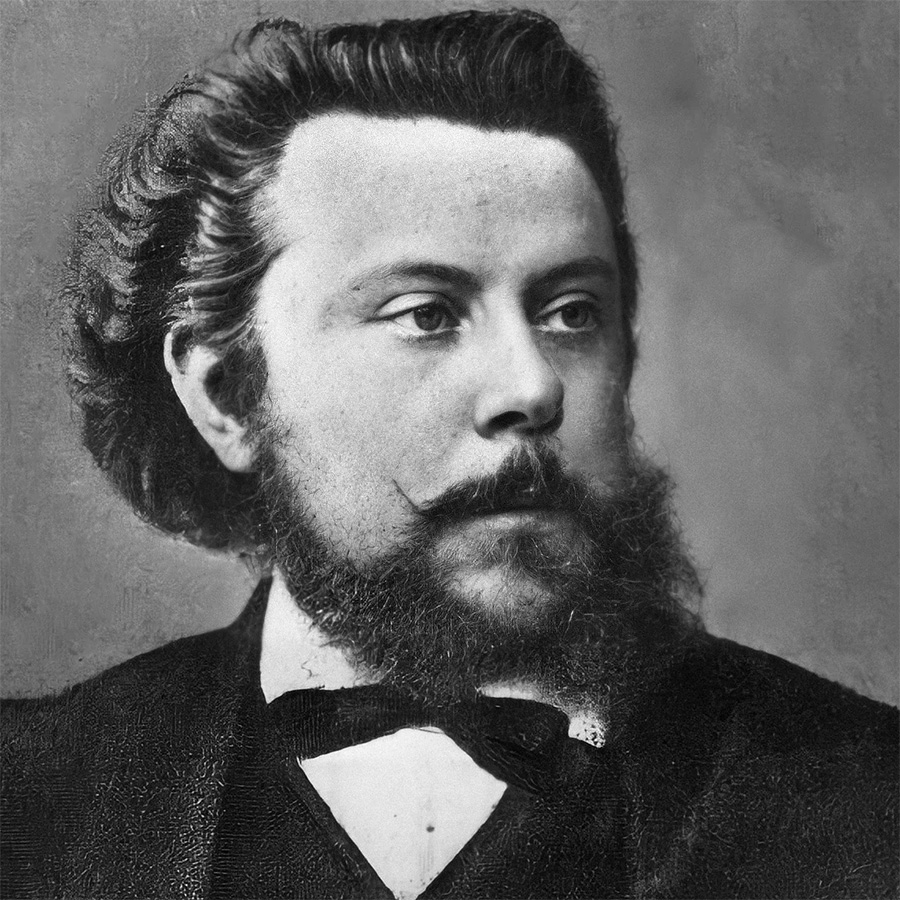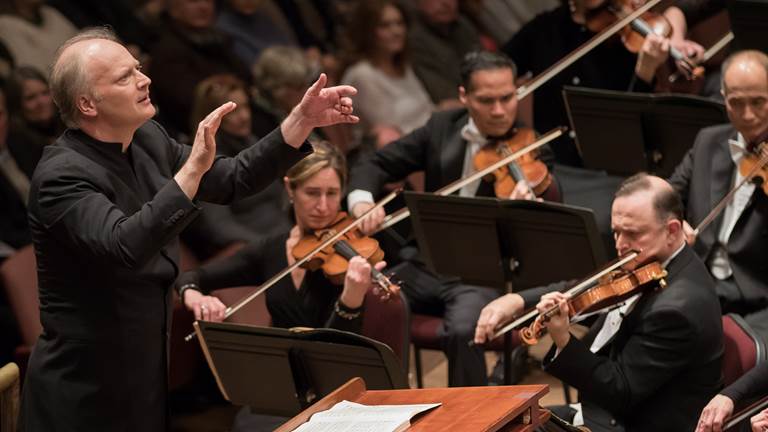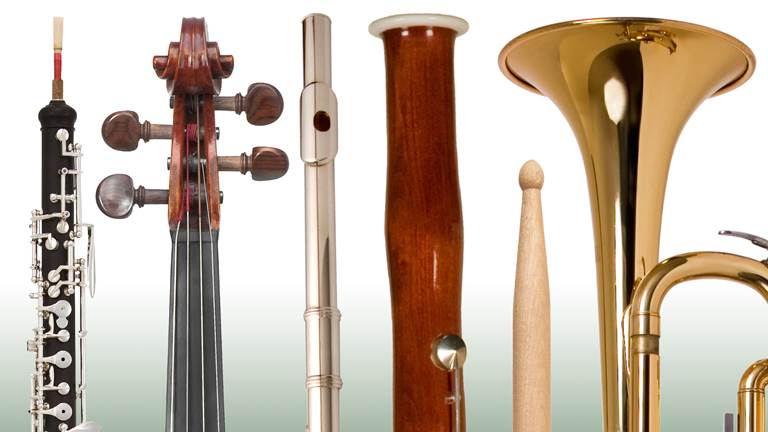Born in Karevo, Russia, in 1839, Modest Musorgsky is considered one of the most original and influential of the 19th-century Russian nationalist composers.
His mother gave him piano lessons, and at age nine he played a piano concerto by John Field before an audience in his parents' house. In 1852, at age 13, he was enrolled in a military academy in St. Petersburg and entered the Russian army in 1856. During this time he sustained his interest in music although he had not yet studied harmony or composition
In 1857 he joined a circle of Russian nationalist composers, from whom he received instruction in composition. In 1858 he resigned from military service to devote himself to music for a few years. In 1863 he went to work for the government. However, because of heavy drinking he was dismissed from his post in 1867.
Afterward he spent some time composing. The resulting works include Saint John’s Night on the Bare Mountain, also known as Night on Bald Mountain. In 1869 Musorgsky was reinstalled in his government job and was able to complete the original version of the opera Boris Godunov which was first produced, after considerable changes, in 1874.
Other works during this time include the song cycles The Nursery (1872) and Songs and Dances of Death (1877) and the piano suite Pictures from an Exhibition (1874).
At the time of his death from an alcohol-related stroke, at age 42, many of Musorgsky’s works were unfinished. Some were completed by fellow composers. Among them are the operas Khovanshchina, completed by Rimsky-Korsakov, and The Fair at Sorochinsk, by César Cui.




